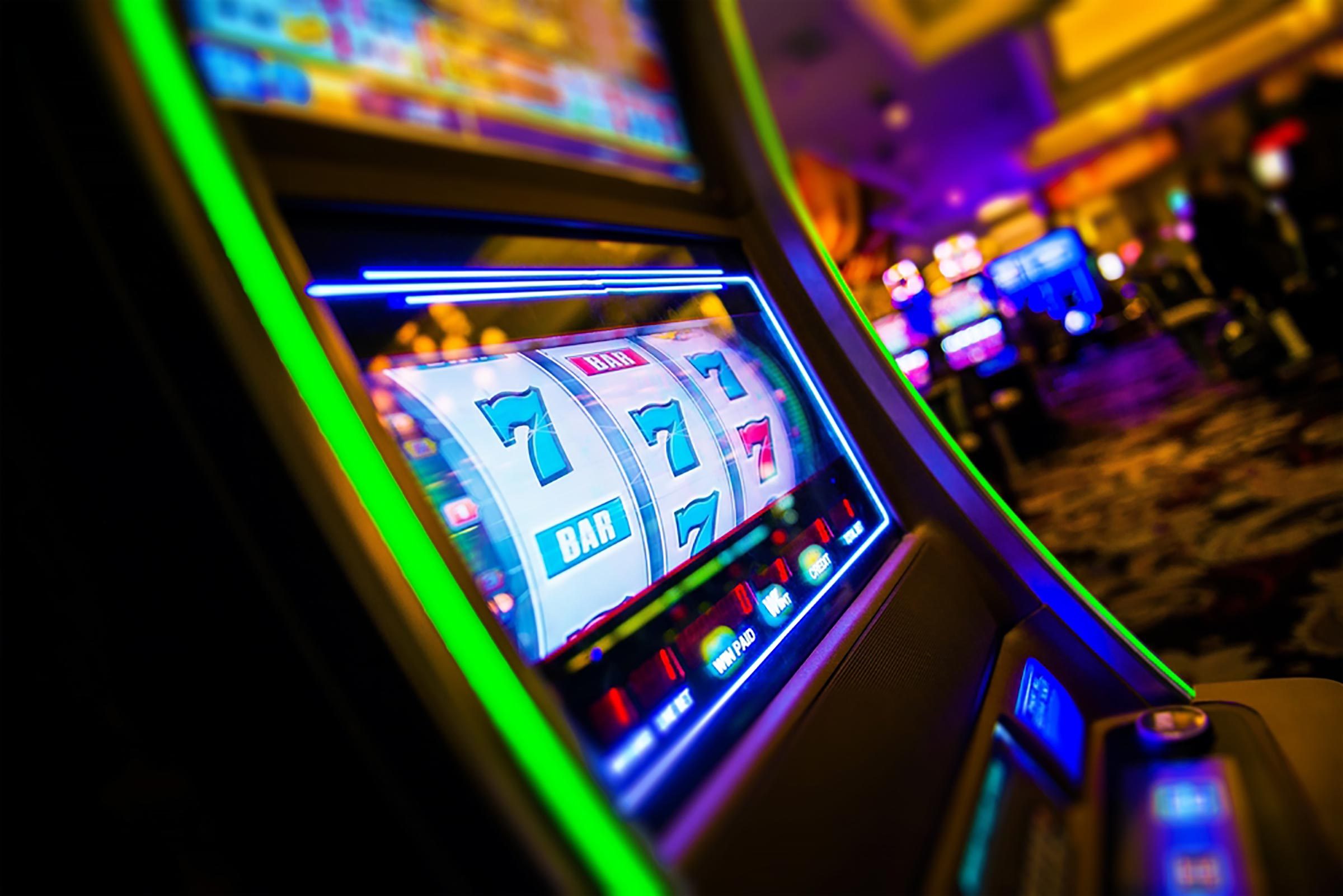In the vibrant world of casinos, few select games grasp the focus and enthusiasm of players as much as slot machines. The blinking lights, engaging sounds, and the thrill of potentially hitting a jackpot turn casino slots a popular choice for many people. However, under the enticing exterior lies a complex system known as slot algorithms that governs how these games operate. Grasping how these algorithms work enhances the appreciation for the game and aids players make wiser choices.
In this article is taking a deep dive into the functionality of slot algorithms, revealing the intricacies that govern everything from reel spins to payout rates. We will explore how randomness is attained, the role of payout percentages, and the diverse types of slot machines available at present. If you are a seasoned player or a newcomer eager to discover more about casino slots, this exploration will grant valuable insights into how these beloved games function.
Comprehending Slot Mechanisms
Slot algorithms are the foundation of gambling slot games, determining how each spin produces results. At the core of these mechanisms are Random Number Generators, also known as RNGs, which confirm that every spin is completely arbitrary and independent from the previous spin. This randomness is vital for maintaining equity in the experience, allowing players to have a just expectation of winning based on luck rather than foreseeable results.
In furthermore to RNGs, slot mechanisms use various programming techniques to control the game’s functions. bet88.baby The Return to Player percentage, or RTP, is a key factor that players should consider. This figure shows the average quantity of money that players can expect to get back over time. For example, a slot with an RTP of 96% will hypothetically return 96 USD for every 100 dollars bet, although real results can differ greatly in the short term due to the arbitrariness of each spin.
Furthermore, slot machines include elements like volatility and strike rate, which influence the player’s experience and possible payouts. High variance slots provide larger wins but less frequent payouts, while low volatility slots deliver more steady, smaller payouts. Understanding these elements enables players select the machines that fit with their plans and risk, eventually enhancing their enjoyment in the casino slots game.
Types of Slot Machines
Slot machines come in various types, each offering unique gameplay experiences. The classic slot machines, often referred to as classic fruit slots, are characterized by their straightforward design with three reels and a few number of paylines. These machines typically feature classic symbols such as fruit icons, bars, and sevens. They are designed for gamers who enjoy a simple gaming experience without complex bonus features. The appeal of classic slots lies in their sentimental value and simplicity, making them well-liked among both novice and seasoned players.
Video slots have transformed the casino slots game landscape by incorporating cutting-edge graphics, animations, and immersive themes. These machines usually feature 5 or more reels and several paylines, providing players with numerous ways to win. Video slots often include exciting bonus rounds, free spins, and interactive elements that enhance the overall experience. This type of slot machine caters to a broad spectrum of players, as they can find games based on blockbuster films, gaming franchises, or fantasy themes, making the gameplay more entertaining.
Progressive slots are another thrilling variant that attracts those looking for life-changing wins. In these machines, a tiny portion of each bet contributes to a cumulative jackpot that continues to grow until someone hits the big win. Progressive slots can be found in both traditional and video formats, and they often come with diminished base payouts but offer the enticing chance to win massive prizes. This mix of high risk and high reward is attractive to players who seek excitement in their casino slots gaming adventure.
The Role of Randomness in Slots

In the universe of casino slot machines, chance is the driving force that makes certain each spin is distinct and erratic. This aspect is crucial because it creates the thrill of possible payouts and keeps participants absorbed. The randomness is typically generated by Random Number Generators (RNGs), which are algorithms designed to create a stream of numbers that lack any regular pattern. This innovation simulates the randomness of traditional mechanical slot machines, ensuring that current digital games maintain the same level of excitement.
Every time a gambler presses the spin lever, the RNG decides the result of that individual spin, influencing the figures that show up and whether a player will receive any winnings. This means that each spin operates independently from previous ones, and the odds remain unchanged despite the outcomes of prior games. This feature of randomness stops players from formulating strategies that could outsmart the house edge, emphasizing the belief that slots are chance games where serendipity plays a major role.
Additionally, the integration of randomness in casino slot machines also promotes honesty and fairness. Game developers must follow strict regulations, which ensure that their RNGs produce findings that are genuinely random and impartial. This effort to integrity helps build trust between players and casinos, giving them assurance that every spin offers a valid opportunity at winning. In the end, the role of randomness not only powers the enthusiasm of casino slots games but also maintains the equity essential to their charm.